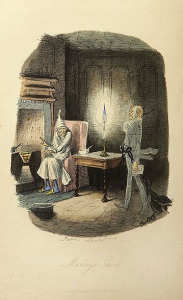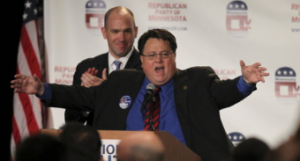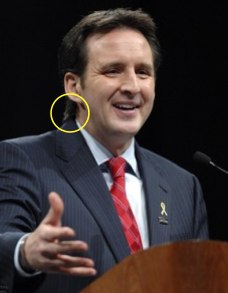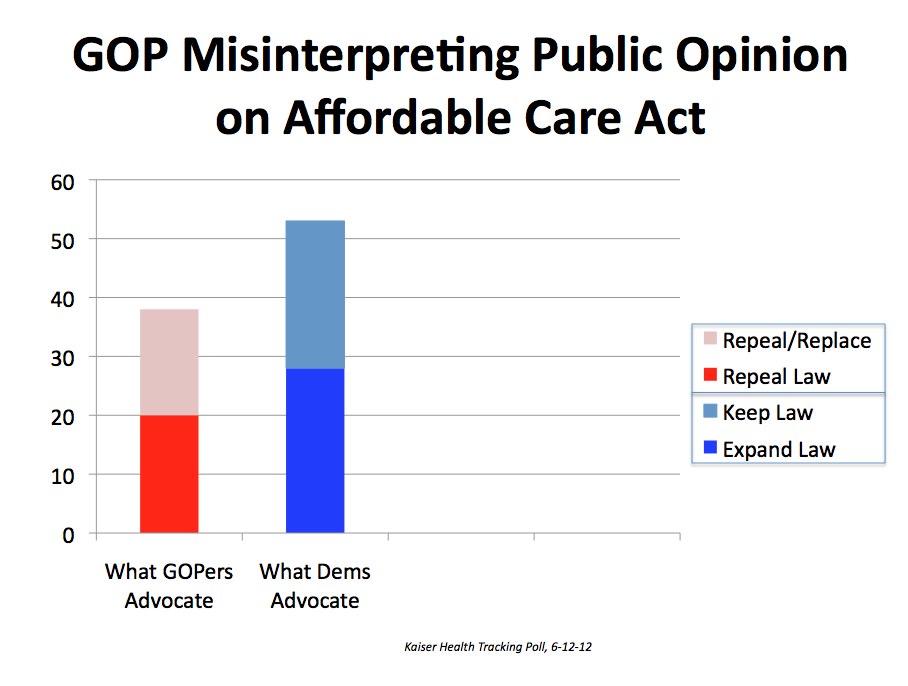 In case you haven’t heard, Republicans hate health insurance exchanges like MnSure. While the conservative Heritage Foundation developed the approach, conservative leaders like Bob Dole, Newt Gingrich and Orrin Hatch endorsed it, and conservative standard bearer Mitt Romney pioneered it, contemporary conservatives have come to despise it since it was adopted by President Obama.
In case you haven’t heard, Republicans hate health insurance exchanges like MnSure. While the conservative Heritage Foundation developed the approach, conservative leaders like Bob Dole, Newt Gingrich and Orrin Hatch endorsed it, and conservative standard bearer Mitt Romney pioneered it, contemporary conservatives have come to despise it since it was adopted by President Obama.
Conservatives now prefer to allow insurance companies to compete across state lines governed by federal regulations, instead of the current system of state-by-state regulation of insurance products. But there isn’t sufficient political support to enact the conservatives’ preferred interstate competition approach.
I feel my conservative friends’ pain, because my preferred approach also doesn’t have enough political support to become law, and I also don’t love insurance exchanges like MnSure. I’d much rather have a single payer system — the system that delivers the best care and value in other industrialized nations — than this competitive private sector exchange model. However, since there wasn’t sufficient political support for my first choice, my fallback preference was to authorize a “public option”—a Medicare-for-All — competing against private options to test which model is more efficient and effective.
But alas, after a long, fair and considered congressional debate, I lost on both my first and second choices. Now I and all Americans have to accept the private competitive exchange model that prevailed in the democratic arena.
Memo to my Republican friends: That’s how losing works in a democracy. You have to accept the outcome of the democratic process, and move on like an adult.
While insurance exchanges like MnSure were far from my preferred option, there are things I like about them. For the first time, they require products to be directly comparable, so that a lightly informed consumer like me can actually do apples-to-apples shopping, or silver plan-to-silver plan shopping.
That represents a significant improvement that will reshape the marketplace in a somewhat more consumer-friendly way. With private and non-profit insurers required to create directly comparable products, insurers now know that many consumers are going to buy the more affordable apple over the comparatively expensive apple. That puts consumer demand pressure on insurers to offer the most affordable apple possible, just as airlines have constant demand pressure to offer the most affordable ticket to New York City via online marketplaces like Kayak, Orbitz and Travelocity.
Whether we’re talking about Kayak or MnSure, the widespread availability and use of the Internet makes this kind of comparison shopping possible. Social media and advertising guru Simon Mainwaring is among those those who have written about how the Internet changes modern marketplaces:
“More than ever before, consumers have the ability to unify their voices and coalesce their buying power to influence corporate behaviors.”
So far, this type of “coalesced buying power” is showing promise. In Minnesota’s competitive exchange, we are seeing among the lowest premium prices in the nation. That’s a tribute to Minnesota’s non-profit health insurance companies, the state health care model that Republican Governor Arne Carlson significantly shaped and the exchange model that Republicans developed, supported and pioneered.
In life and in policy making, sometimes we don’t get our first choice, or even our second choice. Liberals like me certainly didn’t get our first or second choice in the 2010 federal health reform debate. But that doesn’t mean that some good can’t come from the third choice, if we’re adult enough to give it a chance, instead of working overtime to sabotage it.
So my conservative friends, on the launch day for MnSure, join me in belting out those healing Stephen Stills lyrics: “If you can’t be with the one you love, honey, love the one you’re with.”
– Loveland
Note: This post was also featured in Politics in Minnesota’s Best of the Blogs.






